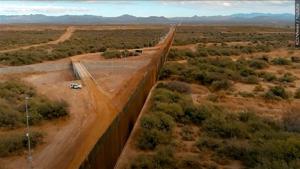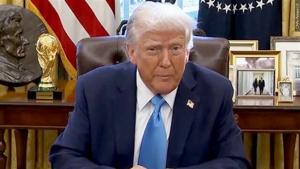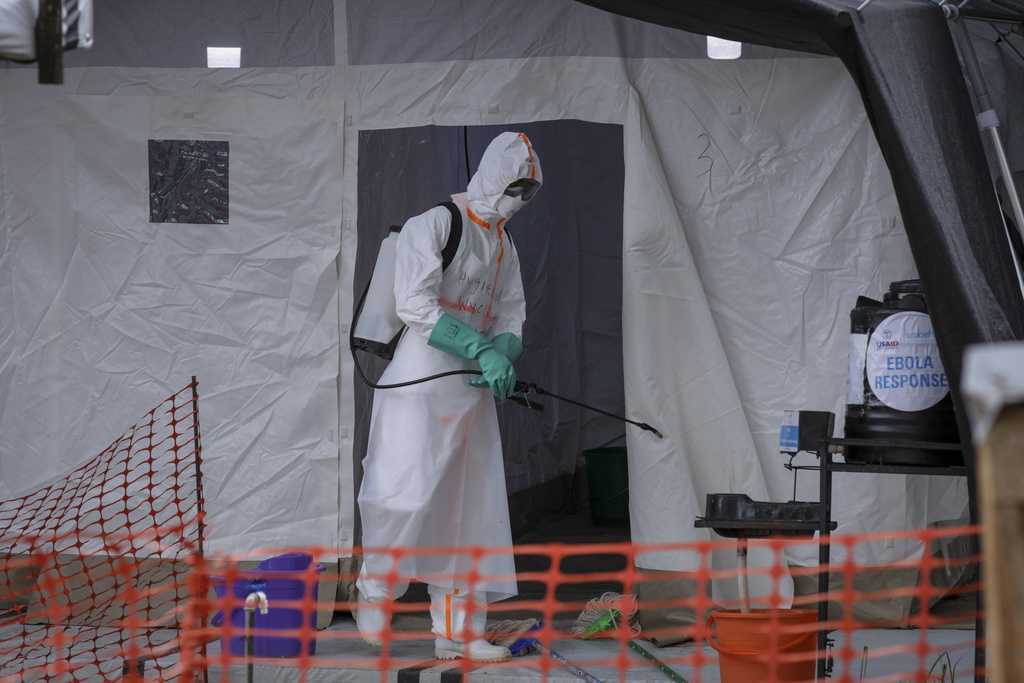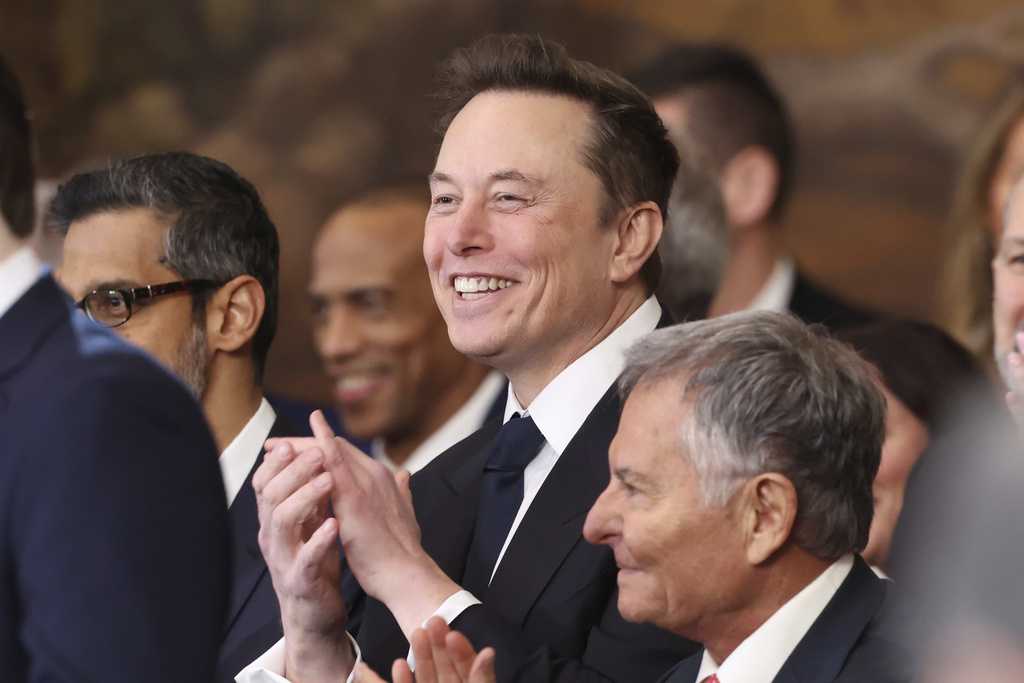“For me, the moment when the paths of Viktor Orban and Donald Tusk diverged was November 8, 2018,” recalls Dr. Dominik Hejj, a Polish-Hungarian political scientist.
On this date, members of the center-right EPP (European People’s Party), which boasts the largest group in the European Parliament, came from all over the continent to meet in the Finnish capital, Helsinki. The parties of both Orban and Tusk were at the time members of the EPP.
A meeting of allied European political parties doesn’t seem a likely setting for the start of the biggest political split in eastern Europe of the past 20 years, but so it was.
Hejj recalls the clear message that Donald Tusk, then chairman of the EPP, sent out that day in Helsinki: A true Christian democrat does not oppose the rule of law, an independent judiciary, the free press and NGOs and does not tolerate xenophobia and nationalism.
“This was obviously addressed to Orban, who just a short time previously had proclaimed Hungary a Christian — not a liberal — democracy,” Hejj told DW.
The event in Helsinki marked a definite change in the tone of relations between Donald Tusk and Viktor Orban, who has been prime minister of Hungary since 2010.
Up until then, relations between the two governments had been good, with Tusk warmly congratulating Hungary on a job well done when Poland succeeded Hungary in the rotating presidency of the EU on July 1, 2011.
A chill in relations
Fast forward 14 years to the start of Poland’s second presidency of the EU in 2025: Tusk is once again prime minister of Poland, and Orban is still in charge in Hungary. But this time, the atmosphere is very different.
Late last December, Hungary granted asylum to the former Polish Deputy Justice Minister Marcin Romanowski of the populist, conservative Law and Justice (PiS) party, who is wanted in Poland for alleged misuse of public funds.
Orban justified the move by saying that Hungary “would offer refuge to anyone facing political persecution in his country.”
Warsaw was furious. Poland’s Foreign Minister Radoslaw Sikorski called Orban’s move “an act hostile to the Republic of Poland and to the principles of the EU” and uninvited Hungary’s ambassador to Poland to the ceremony marking the start of the Polish presidency of the bloc.
Zsuzsanna Vegh of the German Marshall Fund of the United States calls this move both an indication of a “clear clash” between Orban and Tusk and a “gesture” towards Orban’s Polish ally, PiS.
Historical ties
“Pole and Hungarian brothers be” is an old proverb that exists in both the Polish and Hungarian languages and is deeply rooted in history.
It comes from the strong bond that developed between these two peoples down through the centuries and the fact that their fates have long been intertwined.
Poland and Hungary were both powerful countries that lost their sovereignty to neighbors before regaining it after the First World War. Both slid into semi-autocracies in the inter-war years and ended up as Soviet satellite states after the Second World War, only to regain their freedom in 1989.
From Tusk to Kaczynski
When Tusk ran for president of the EU Council in 2014, Budapest supported him. A year later, however, Tusk’s party lost power in Warsaw, and Viktor Orban found his perfect ally in Jaroslaw Kaczynski, leader of the victorious PiS.
For Kaczynski, Orban was evidently a role model. Hungarian companies were welcomed to Warsaw, cooperation between the two governments intensified, and some of Poland’s judicial and media reforms looked as if they had been lifted straight out of Orban’s playbook.
“Brothers be” now meant “populist brothers be.”
Orban’s pivot to the right
Zsuzsanna Vegh says that Europe’s refugee crisis of 2015 exacerbated Orban’s ideological shift to the far right, and that the demolition of Hungary’s democratic institutions gradually made Orban’s party, Fidesz, a problematic partner for Europe’s center-right parties, including Donald Tusk’s Civic Platform (PO).
After the EPP suspended Fidesz in 2019 due to concerns that it was undermining the rule of law in Hungary, Orban started building ties with populist, nationalist parties across the EU.
This culminated in Fidesz leaving the EPP in 2021 and co-founding the Patriots for Europe (PfE) Group in the European Parliament in 2024.
Impact of the war in Ukraine
Relations between the two countries took a sharp turn for the worse with Russia’s all-out invasion of Ukraine in February 2022. Suddenly, Poland and Hungary were poles apart.
While Poland became one of Ukraine’s biggest supporters, Hungary portrayed itself as the one European government capable of talking to Russian President Vladimir Putin.
Then, PiS lost the parliamentary election in October 2023 and Tusk returned to power in Poland. Orban’s trusted ally was no longer at the helm in Warsaw.
Poland getting bad press in Hungary
According to Dominik Hejj, the current Hungarian narrative portrays Tusk’s Poland as a country that has abandoned its Christian identity in order to get the European Commission to unfreeze EU funds for Poland that were blocked in 2022 due to concerns about the erosion of the rule of law under the PiS government.
High-ranking Hungarian politicians are also claiming that it is actually Tusk’s government that is breaching the rule of law, hinting that Romanowski might not have got a fair trial in Poland.
“Poland is getting terrible press in Hungary right now as a country that is supposedly pushing towards the Third World War. And this narrative works,” says Hejj. “In 2010, Orban basically reinvented the Hungarian identity. Today’s narrative pictures Hungary as an unwilling ally of Hitler and a victim of the war and the betrayal of the West in 1956, when the Hungarians rose up — unsuccessfully — against the dominance of the Soviet Union.”
Hejj, who has published a book in Polish on the way Orban has programmed Hungary’s national identity, goes on to say that the Hungarian government has succeeded in persuading the country that Russia is not a threat but a guarantor of cheap gas and energy security.
“The Hungarians are hearing that Poland got EU funds, while €12 billion earmarked for Hungary remains frozen, and that the West is pushing for war with Russia, while peaceful Hungarians want to keep economic neutrality and do business with everyone, including Russia and China,” he says.
Where to from here?
Vegh points out that while Fidesz’s standing on the European stage has been elevated with the creation of the PfE Group, it is far from what Orban had hoped for, namely one large far-right group in the European Parliament that includes PiS.
She says that Europe can expect the Polish-Hungarian division to deepen, as Orban will not change his position on Ukraine and Russia.
Dominik Hejj agrees: “The change of government in Warsaw meant that Orban lost his leverage as Poland’s advocate in its brawls with the EU. So, it is in his best interest that PiS returns to power.”
And that sets him on a collision course with Donald Tusk.
Edited by: Aingeal Flanagan
#close #allies #estranged











Leave a Reply